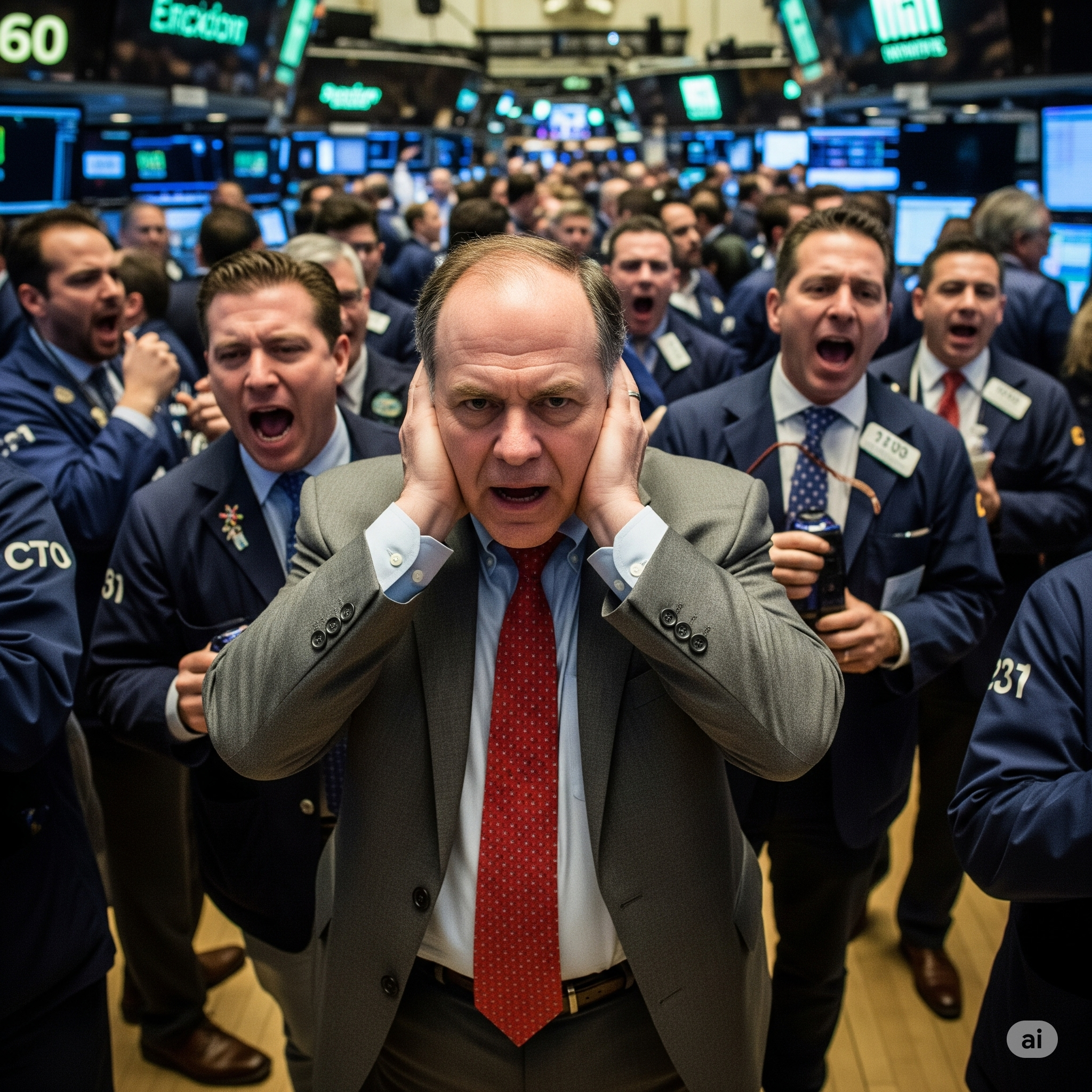“In this world nothing can be said to be certain, except death and taxes,” -Benjamin Franklin, to his friend and French scientist, Jean Baptiste Le Roy (November 1789)
It’s possible that, were he around today, Ben Franklin might have added pessimism to the short list of guarantees in life. If you’ve read anything from any news medium in your lifetime, you might agree that there’s no shortage of pessimism being blasted into our ears and eyes all day, every day.
Pessimism in financial news is no different – recession, market crashes, unemployment, inflation – and it’s no risky gamble to say that it will likely never change. Add to that the human tendency to put more weight in negative outcomes than we do in positive outcomes (this is called loss aversion), and we find ourselves concocting a recipe that might only produce anxiety. But why do we listen to pessimism around money/finance given we recognize this human fault?
In The Psychology of Money, Morgan Housel highlights three reasons why we give pessimism as much credence as we do.
First, money is everywhere in life, and it is systemic in nature, meaning it affects humans broadly in an interconnected nature.
- A recession affects everyone
- A stock market crash or correction affects 56+% of US households (~145 million people)
- Inflation affects everyone using that currency
Further, the loss aversion mentioned above means, for example, that a 1% decrease in mortgage rates will not be celebrated as much as a 1% increase in mortgage rates will be fearmongered. The explanations for gains in the market are never as thorough and convincing as the losses are explained.
“Narratives about why a decline occurred make them easier to talk about, worry about, and frame a story around what you think will happen next – usually more of the same.” (The Psychology of Money, p.182)
Second, pessimists assume the uninterrupted continuation of negative trends, but forget that the world almost always adapts. Housel uses an example of oil, where global oil production was said to be soon overrun by the global oil demand. Though with an increasing demand and supposed decline in available reserves, oil prices rose, catalyzing changes in oil production technology and strategy. This enabled continued profitable access to oil reserves that were once inaccessible.
This is a perfect time to remind ourselves that while the stock market has had bad years (2022), the last 100 years have seen the market in positive territory about 70% of those years. In fact, a piece by Capital Group, one of the world’s oldest and largest investment management companies, highlights that 94% of any rolling 10-year period (from 1927 – 2018) was positive.
Lastly, why we listen to pessimism has a lot to do with the reality that catastrophe happens fast, though the growth experienced thus far happened much more slowly. Those things that took a long time to acquire/build – portfolio growth, physical fitness, a fully restored classic car – can easily be wiped out in an instant (market crash, stroke, hurricane that destroys your garage). A successful person might jokingly refer to their success as overnight luck, but we all know there’s no such thing as an overnight success.
Catastrophes are always headline-worthy, but they’re also rare. Take shark attacks, for example – possibly one of the scariest encounters with nature we could imagine! While one partial bite from a great white could end your life in an instant, your chances of being attacked by a shark, nevermind killed, are miniscule. With about eight BILLION humans on earth, there was a grand total of NINE fatal shark attacks globally (and 73 attacks). The shark attack news headline will surely fearmonger any beachgoer to second-guess their vacation plans, though a .0000009125% chance of being attacked by a shark is the reality.
While we are guaranteed to be confronted with pessimism in our efforts to build our investment portfolio, we should weigh Morgan Housel’s considerations on why pessimism can be the greatest hurdle of growing our wealth.
Here are 3 considerations I will leave you with:
- Consider your time horizon in which you’ll be looking to begin majorly withdrawing from your investments post-retirement. If your horizon is longer than a few years, a down-period of the markets can actually be an opportunity to get extra steps ahead with your portfolio. Keep contributing and stay invested.
- Consider the diversification of your portfolio, as being overly concentrated in a single stock or sector of the market is a much greater risk to your portfolio than the infrequent negative year in the market. Stay diversified, and stick with a plan on how to maintain diversification.
- Consider the buffer between your day-to-day life and your investment portfolio (i.e. cash / savings / emergency fund). Not only will this protect you from interruptions in your monthly household cashflow (job loss, health crisis, emergency home/car repairs), but it will allow you to mentally and emotionally distance yourself from your investments. Maintain a cash reserve to insulate you from down-periods.
If you’re unsure of where to start, reach out – we would love to help you set your investment portfolio to a position that allows you to grow it without risking your peace of mind!


